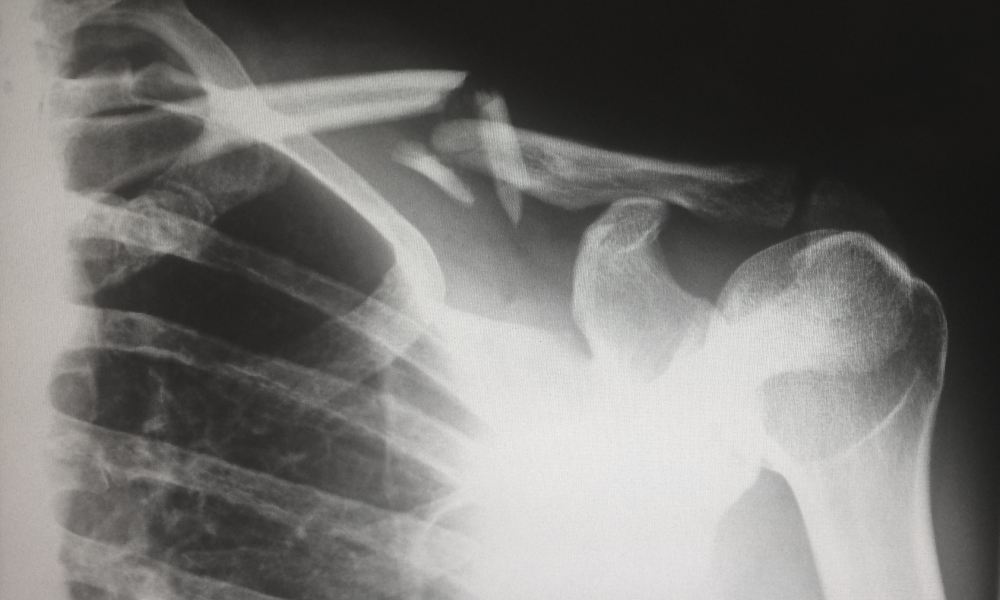
In personal injury cases in Florida, determining whether someone was negligent is one of the most important aspects of a case. If someone was negligent, it is much more likely that they will have to pay for your damages after an accident, including:
In each case, you have to show that the person who caused you harm was careless or reckless, and those acts caused your injury and/or damage.
Defining Negligence
Florida law devotes an entire chapter to negligence, but the statute itself does not provide a definition. Instead, the definition of negligence has been developed through case law (law created or further defined by judges).
Florida jury instructions provide a general description that is helpful:
Negligence is the failure to use reasonable care, which is the care that a reasonably careful person would use under like circumstances. Negligence is doing something that a reasonably careful person would not do under like circumstances or failing to do something that a reasonably careful person would do under like circumstances.
The term “reasonably careful” is used a few times in this definition, but it is not really defined. Practically, you have to think about what you would do in a similar situation. For example, if it is raining very hard, would you drive over the speed limit with no lights on? If so, then those actions are likely considered lacking “reasonable care.”
The Importance of Negligence in a Legal Case
In a personal injury case, the plaintiff or victim must show:
These requirements are divided up into two subcategories: liability and damages. The first three fall under the liability umbrella, while the last element focuses exclusively on how the accident affected you. You must prove that a defendant acted carelessly or negligently to show that they are liable for your damages. Without that showing, all of your losses and injuries will not mean much.
For example, every driver on the road has a duty to operate their vehicle safely. When a driver is texting while driving, for instance, that duty is breached because texting while driving is careless, reckless, and unsafe. If the driver hits your car because he was texting, all three requirements of liability are likely met. You can think of negligence as the reason that the accident occurred—it is the careless act or event that caused the crash.
Nuances in Negligence: Getting Help with Your Claim
Negligence is sometimes shared between or among several parties. Even the plaintiff (or victim) can have some fault in an accident and still recover damages in a legal case. The important thing is that the defendant did something wrong to cause your accident. The team at McKINNON LEGAL can help you work through these aspects of your personal injury claim. Learn more by scheduling an appointment today.